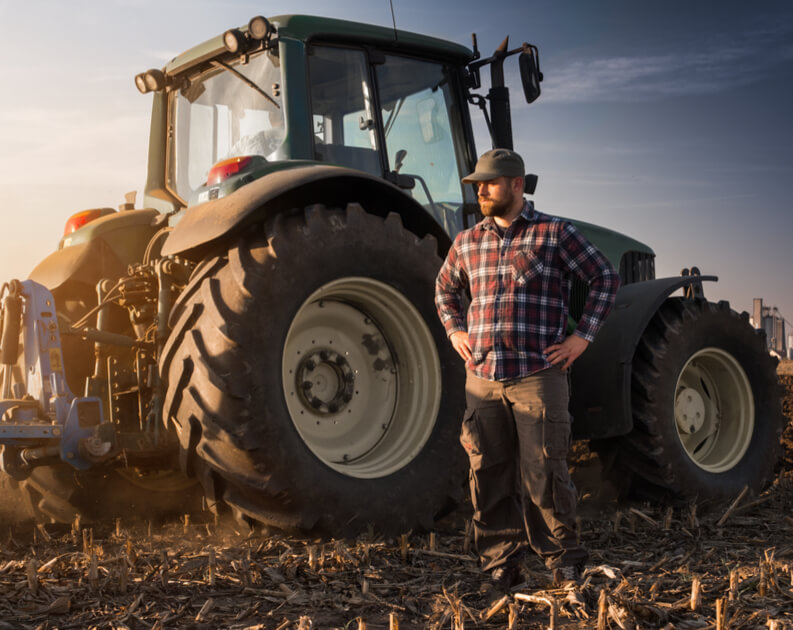
Protecting farmers' lives through tractor safety
For 60 years, the OECD has provided global standards on tractors to protect farmers and the environment.
What's the issue?
No modern farm is complete without machinery to help farmers manage the workload. Notably, tractors have been essential in the food and agricultural industry for over a century, helping farmers plough, plant, cultivate, fertilise and perform routine lawn care.
Yet, tractor accidents are also the most frequent cause of deaths and serious injuries on farms. If they are not adequately made and handled with care, these machines can go from functional to fatal. Tractors can tip over and operators can fall.
How are we addressing it?
For 60 years, the OECD has provided the international reference for assessing tractor performance and safety to protect farm workers and their families. The first codes were established in 1959 and are used across 26 countries. More than 3,000 tractor models have been included in tests to this date.
The standards provide guidance for testing the performance, noise and pollution levels of tractors, as well as operator safety – providing a guarantee of approval.
What's the impact?
Countries use the OECD tractor Codes for various purposes including national testing, tenders, and import regulations. The codes have made a positive contribution in both health and safety and in trade. Farmers and other stakeholders benefit from them as an important source of comparable information on safety and technical reliability.
The high standards of the codes has greatly helped make tractors today the critical multifunctional tools that farmers need and appreciate. In terms of trade, the mutual international acceptance of tractor codes has promoted and facilitated the import and export of tractors worldwide while giving countries the confidence that their testing procedures are up to par.
The OECD Tractor Testing Codes are in constant evolution with the growth in demand for greater harmonization across countries as new tractor models continue to proliferate. Every year, farmers, manufacturers and government officials meet to identify significant improvements in technical performance, safety and environmental protection.











